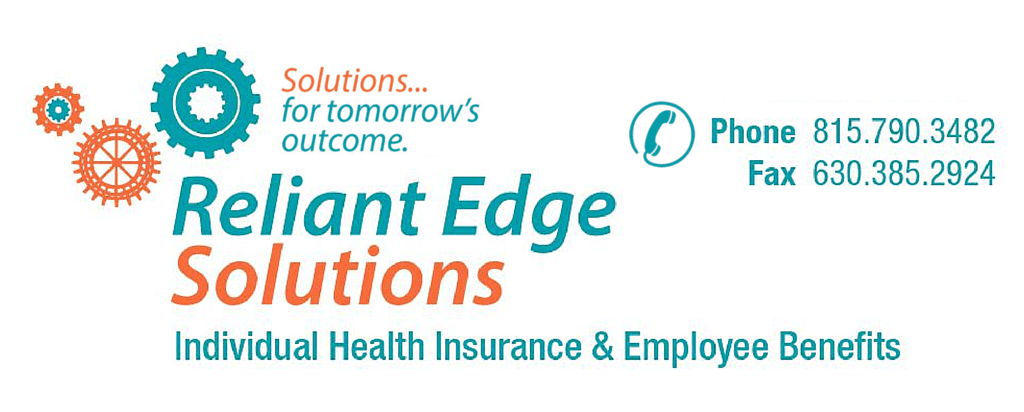Last week we discussed the divide between employee and employer expectations regarding financial security, and how benefit plans factor into that equation. Now it’s worth exploring the understanding of the benefits offered.
As employers increase the number of benefits options, the challenge remains ensuring that employees understand those options. A recent MetLife study classified benefits into three categories – mostly understood, somewhat understood, and little-to-no understanding.
Category 1 – Mostly Understood Benefits
– dental insurance
– health insurance
– auto insurance
– prescription drug coverage
– 401(k) or retirement plans
– vision plans
– life insurance
– home insurance
Category 2 – Somewhat Understood Benefits
– short term disability insurance
– long term disability insurance
– accidental death & dismemberment
– identity theft protection
– accident insurance
Category 3 – Little-to-no Understanding
– defined benefit pension plans
– financial planning
– legal services
– pet insurance
– critical illness insurance
– cancer insurance
– hospital indemnity insurance
The level of understanding (or misunderstanding) of the plans can help guide benefit communication efforts.
Speaking of benefit communication efforts, benefits that are poorly communicated are of little value. Employees require information to make plan selections which meet their needs.
So how are plans communicated effectively?
Both employers and employees ranked one-on-one in-person meetings as the best education option.
Group meetings and a benefits handbook were favored by employees as the next-most popular option. Employers, however, ranked group meetings higher than benefit handbooks. By far the least effective method of benefit communications was the benefit fair method.
What’s the importance of all this info? With open enrollment approaching quickly, it’s imperative employees are informed of their choices and prepared to make the best choices.
If you have questions or concerns about how your benefit plan enrollment meetings are set up, give me a call.
Until next week,
